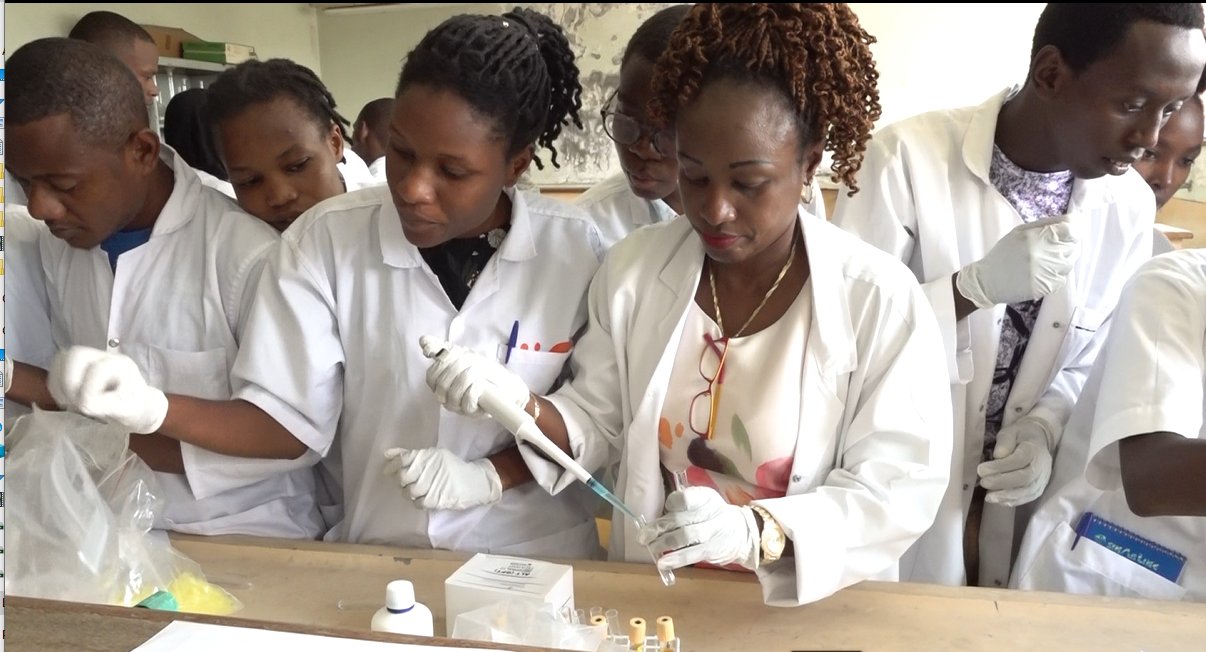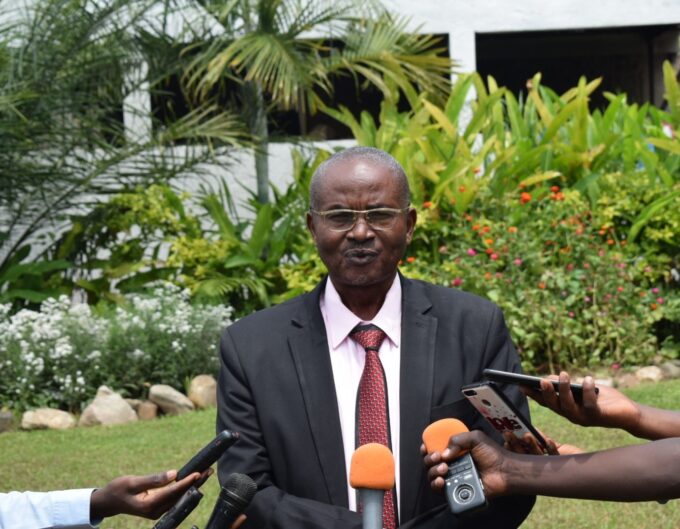The Burundian Ministries of Public Health and Finance have introduced new bonuses for public health workers as frustration over low salaries continues to mount. A joint ministerial ordinance, released in January but made public on Tuesday, outlines that the allowances will apply to doctors and specialists working in public healthcare facilities.
According to the statement, the bonuses will be granted for a continuous period of one year and can be renewed based on eligibility criteria and classification zones. However, the allowances will not extend to interns, except for medical residents, those on temporary assignments, or those in administrative roles outside healthcare facilities.
The ordinance classifies doctors into five categories based on their workplace location. Category A covers those in Burundi’s economic capital Bujumbura, while Category B includes those working within 50 km of Bujumbura. Category C extends to those 50-100 km away, Category D includes those 100-200 km away, and Category E applies to doctors stationed beyond 200 km from the capital.
The remote area allowances will start from Category B, where general practitioners will receive 100,000 BIF, while specialists will get 200,000 BIF. In Category C, general practitioners will receive 200,000 BIF and specialists 400,000 BIF. Those in Category D will see allowances of 400,000 BIF for general practitioners and 600,000 BIF for specialists. Finally, doctors in Category E will receive the highest allowances, with general practitioners getting 600,000 BIF and specialists receiving 1,000,000 BIF.
Despite the announcement, medical practitioners have expressed frustration over delays in disbursing the additional payments, which were meant to take effect in July 2024. “That money has not been touched. It is only written on paper,” a medical practitioner told Breaking Burundi anonymously. “In Burundi, if money has not yet appeared in your account, you cannot confirm that you have received it. As we speak, no one has accessed it.”
The timing of this ordinance is critical as Burundi’s public health sector struggles with high levels of brain drain and wage disputes. In January, health worker unions called for urgent salary increases, highlighting the rising cost of living as a significant concern. The crisis is not limited to the public sector. Five doctors resigned from private medical institutions between December 2024 and January 2025 after failed salary negotiations. Their resignations led to arrests without warrants, sparking outrage among health unions.
The National Federation of Health Sector Unions (FNSS) condemned the arrests, releasing a statement in early February accusing the government of violating international labor laws. The statement read: “The National Federation of Health Sector Unions (FNSS) has learned with shock and dismay of the arrest and imprisonment of five doctors by the National Intelligence Service (SNR). After investigating the situation, FNSS understands that these arrests stem from their salary demands, under the pretext that this constitutes a threat to national security.” The FNSS called for their immediate release, emphasizing that wage negotiations should not be criminalized.
For years, Burundi has witnessed an exodus of medical professionals to neighboring and Western countries due to salary disparities and poor working conditions. Health Minister Lyduine Baradahana acknowledged the challenges, calling for increased investment in the sector during a roundtable event in December aimed at attracting foreign investors.
Burundi’s healthcare workers face stark wage gaps compared to their counterparts in the region. Over the past few months, Minister Baradahana told parliament that a specialist doctor in Burundi earns 650,000 BIF per month, whereas in Rwanda, the salary is FRW 1,300,000, in Kenya $3,000, and in Tanzania $1,300. Reports indicate that hundreds of specialized doctors have left Burundi, with many relocating to neighboring Rwanda.
The National Council of the Order of Doctors in Burundi (CNOMB) has confirmed this trend. “Since 2020, there’s been an exodus of doctors to neighboring countries and even to Europe due to low salaries,” said CNOMB Vice President Philbert Sendegeya. He urged the government to adjust wages to prevent further losses in the healthcare workforce.
Despite the introduction of new allowances for medical practitioners and specialists, concerns remain about nurses and other health workers who have yet to receive similar incentives. When contacted for comment, Joseph Akumuryango, spokesperson for the health workers’ union SYNAPA, said that he would provide a response after consulting with union members.








Thank you for reporting this. We can not dare trust this remedy is lasting as we go through unprecedented economic crises..
Normaly, what should be done is harminization of salary. Then I think Doctors would get their value for monthly pay.